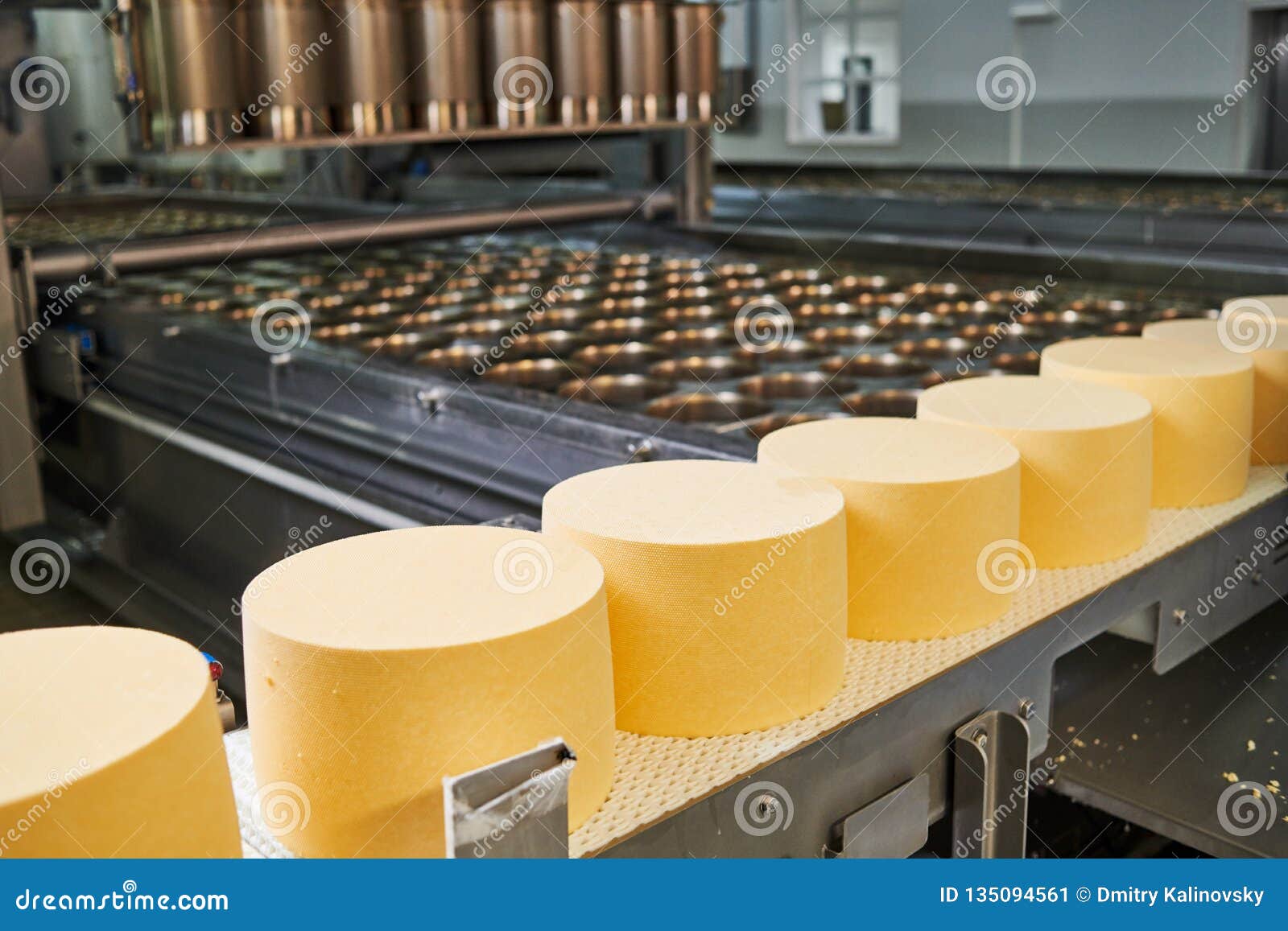Discover the Top Cheese Factory Melbourne for Fresh Creations
An In-Depth Take A Look At Cheese Manufacturing: Active Ingredients, Methods, and the Future of Artisan Cheeses
The intricate procedure of cheese production is a remarkable merging of art and science, where high-quality milk, rennet, and details bacterial cultures serve as fundamental components. As the industry significantly focuses on sustainability and openness, the future of artisan cheeses promises to mirror both heritage and development.
Trick Active Ingredients in Cheese Production
A range of important components play a crucial role in cheese production, each contributing to the last item's flavor, texture, and personality. The main ingredient in cheese is milk, which can originate from various resources, including cows, goats, and lamb - cheese for sale online. The kind of milk made use of dramatically affects celebrity's preference and uniformity; for instance, cow's milk typically yields creamier cheeses, while goat's milk commonly creates tangy ranges
An additional vital ingredient is rennet, an enzyme utilized to curdle the milk, separating it right into curds and whey. The resource of rennet can be animal, vegetable, or microbial, each presenting distinct characteristics to the cheese.
Salt not just boosts the taste yet additionally serves as a preservative, inhibiting the development of undesirable germs. Furthermore, various flavoring agents, such as herbs, flavors, and even smoked timber, can be included in create distinct artisanal cheeses. With each other, these active ingredients form the foundation of cheese manufacturing, setting the phase for varied and rich cheese ranges.
Traditional Cheese-Making Methods
Using conventional cheese-making methods, craftsmens around the globe preserve classic techniques that have been given through generations. These methods frequently stress using premium, locally sourced milk, which is central to the one-of-a-kind flavors and structures of artisanal cheeses. The process typically starts with the mindful home heating of milk, complied with by the addition of cultures and rennet to help with coagulation.
Once the curds form, they are reduced, allowing whey to drain pipes, a critical action that influences moisture material and texture. The curds are after that delicately mixed and cooked to achieve the desired firmness. Later, they are drained pipes and pushed right into molds. Salting is a crucial aspect of this process, improving flavor while likewise functioning as a chemical.
Aging, or affinage, is one more crucial part, throughout which cheeses establish their characteristic fragrances and tastes. Craftsmens may use details aging atmospheres, utilizing humidity and temperature level controls to improve the cheese's profile. The commitment to these traditional methods not only supports neighborhood economic situations however additionally adds to the abundant variety of cheese selections discovered globally, celebrating cultural heritage and artisanal workmanship.
Modern Advancements in Cheese Production
How have technological innovations transformed cheese manufacturing in current years? The combination of modern-day innovation has transformed both the effectiveness and quality of cheese manufacturing.
In addition, improvements in microbiology have enabled cheesemakers to pick certain bacterial cultures and enzymes, optimizing flavor profiles and improving rack life. The use of sensing unit technology for checking fermentation problems has actually also come to be common, enabling real-time changes to maintain ideal atmospheres for cheese aging.

These improvements not only boost the high quality and sustainability of cheese manufacturing yet additionally empower artisan manufacturers to maintain traditional flavors while welcoming modern efficiency. As modern technology remains to evolve, the future of cheese manufacturing looks promising, mixing practice with technology.
The Function of Terroir in Cheese
In the world of cheese manufacturing, terroir plays a crucial duty in specifying the distinctive attributes of different cheeses. Terroir, a French term generally related to wine, incorporates the ecological elements that influence farming products, including dirt composition, environment, and neighborhood plants and animals. In cheese-making, the distinct characteristics of the region where the milk is sourced can convey certain flavors and textures to the end product.
For instance, the grazing conditions of dairy pets substantially impact the milk's structure, influenced by the kinds of lawns and herbs available in a certain area. This differs not just in between nations but likewise in between regions within the very same nation. In addition, the microbial communities present in the environment add to the fermentation procedures, causing varied accounts in taste and scent.
Cheeses such as Roquefort, Parmigiano-Reggiano, and Cheddar cheese shop melbourne exemplify exactly how terroir can shape their identities, making them distinct and usually shielded by geographical indications. As manufacturers increasingly identify the significance of terroir, there is an expanding emphasis on sourcing regional components and maintaining conventional methods, guaranteeing that each cheese truly reflects its beginning.

Future Trends in Artisan Cheeses
A noteworthy change is occurring in the artisan cheese industry, driven by progressing consumer choices and technological improvements. Increasingly, customers are gravitating toward one-of-a-kind, high-quality products that stress both sustainability and regional sourcing - cheese for sale online. This trend is motivating artisan cheesemakers to introduce, concentrating on small-batch manufacturing and the use of traditional techniques while integrating contemporary technology to enhance quality and security
Additionally, there is an expanding rate of interest in plant-based and alternative milk items, pressing traditional cheesemakers to check out new methods, such as cashew or almond-based cheeses. This shift not just satisfies nutritional constraints but additionally lines up with environmental problems relating to pet farming.
In addition, openness in sourcing and production procedures is coming to be paramount. Consumers are more educated and need traceability, motivating manufacturers to embrace more clear labeling practices and participate in narration that highlights their methods and values.
Conclusion
In verdict, the elaborate procedure of cheese manufacturing blends standard methods with contemporary advancements, causing a diverse variety of flavors and structures. The emphasis on high-grade ingredients and the influence of terroir underscore the artistry associated with cheese production. As the market evolves, a focus on sustainability and openness will likely form the future of artisan cheeses, dealing with a significantly critical consumer base that values authenticity and workmanship in milk products.